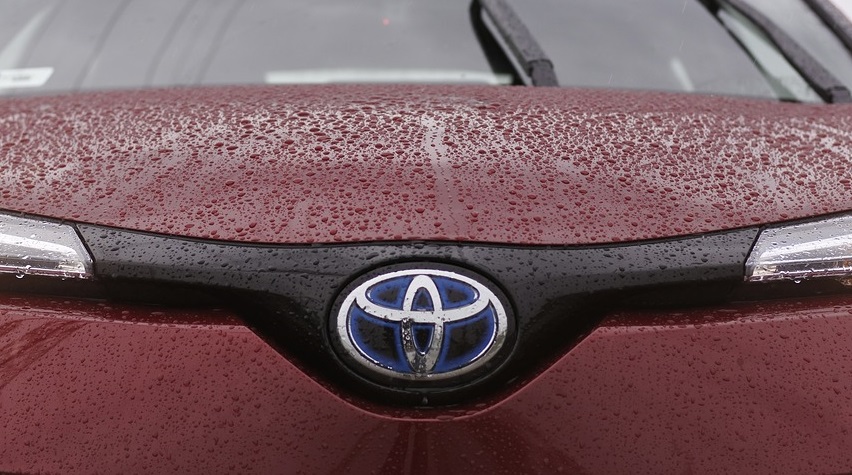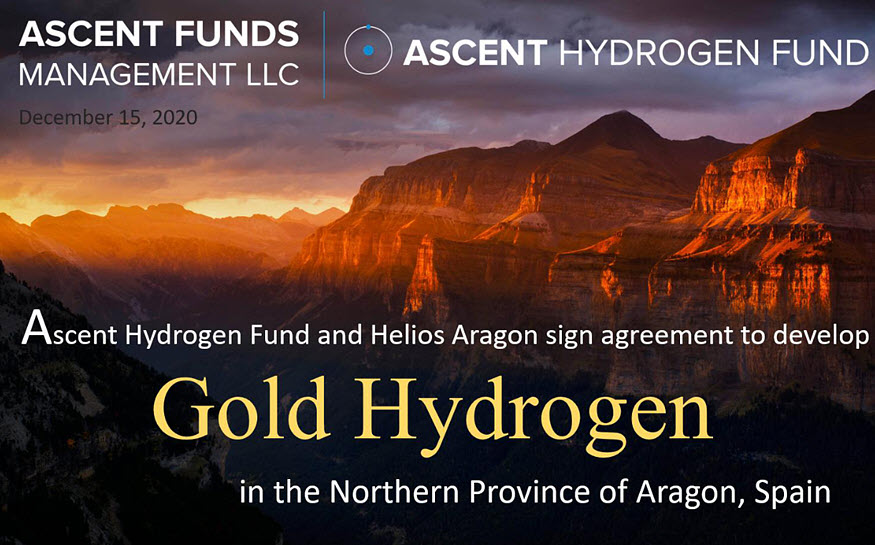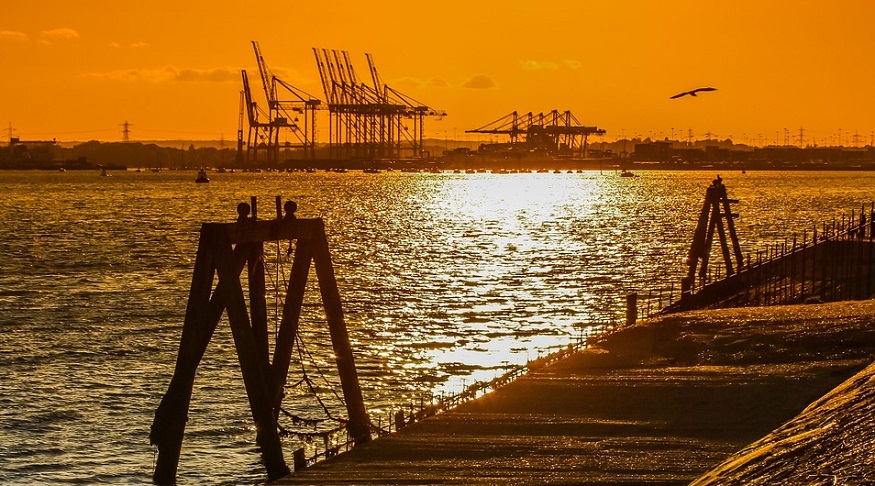
Toyota Europe founds Fuel Cell Business Group for hydrogen oversight in the region
December 16, 2020The goal of the new group is to maximize the opportunities for H2 in the European market.
Toyota Motor Europe (TME) has announced that it has established the Fuel Cell Business Group. TME intends to use the group to oversee its hydrogen activities throughout the European region.
The group is being based in Brussels and will help to solidify the company’s case in favor of H2.
The Fuel Cell Business Group will help to introduce hydrogen into mobility and other fields, so that new commercial partners will be able to gain access to it.
“The benefits of hydrogen are clear. That’s why we expect our global sales of fuel cell systems to increase by a factor of 10 in the short term, and why we have dramatically increased our production capacity,” said the group’s director, Thiebault Paquet. The statement went on to praise Toyota’s leadership in investing in the Hydrogen Society by way of opening new markets and tech applications, in next generation vehicles, in organization, and in additional fuel cell production capacity.
The establishment of the Fuel Cell Business Group follows closely on the heels of the Mirai launch.
Toyota recently launched the newest model of its Mirai hydrogen-powered passenger car. The original model of the vehicle, rolled out in 2014, was the first commercialized fuel cell electric vehicle (FCEV) in the sedan market. Since that time, the automaker has continued to fine tune and develop its H2 system, making it lighter, more compact, as well as more energy dense. The 2021 model includes a next generation, comprehensively improved system.
That said, Toyota has been focusing on a far greater market opportunity than passenger vehicles. It has also been looking to zero-emission H2 power in a spectrum of different applications. This already includes vehicles such as urban bus fleets, transport trucks, forklifts and generators, among other applications. Tests for train and boat uses are already underway.
To encourage widespread H2 adoption, Toyota plans to spotlight hydrogen “clusters” in European centers. It is in these ecosystems where the local infrastructure would provide the necessary support for mobility services and transport fleets. Toyota believes that this type of activity will push hydrogen demand upward, shrinking its costs and solidifying the viability of a supply infrastructure. As that evolution continues, more customers will see the appeal.
 Toyota will use the Fuel Cell Business Group to work closely with regional and national governments and organizations, as well as with industry partners.
Toyota will use the Fuel Cell Business Group to work closely with regional and national governments and organizations, as well as with industry partners.



 HFN News is your leading source for fresh hydrogen and renewable energy updates. Amid the fast-paced growth of hydrogen companies, we provide top-notch news and insights about this exciting sector. Our coverage spans from hydrogen cars to global sustainable initiatives, and we highlight the latest in green jobs and developing hydrogen hubs. We invite you to share your local hydrogen news and explore today’s renewable energy job listings on our site. Thanks for choosing HFN News as your trusted guide to the hydrogen and renewable energy world!
HFN News is your leading source for fresh hydrogen and renewable energy updates. Amid the fast-paced growth of hydrogen companies, we provide top-notch news and insights about this exciting sector. Our coverage spans from hydrogen cars to global sustainable initiatives, and we highlight the latest in green jobs and developing hydrogen hubs. We invite you to share your local hydrogen news and explore today’s renewable energy job listings on our site. Thanks for choosing HFN News as your trusted guide to the hydrogen and renewable energy world!